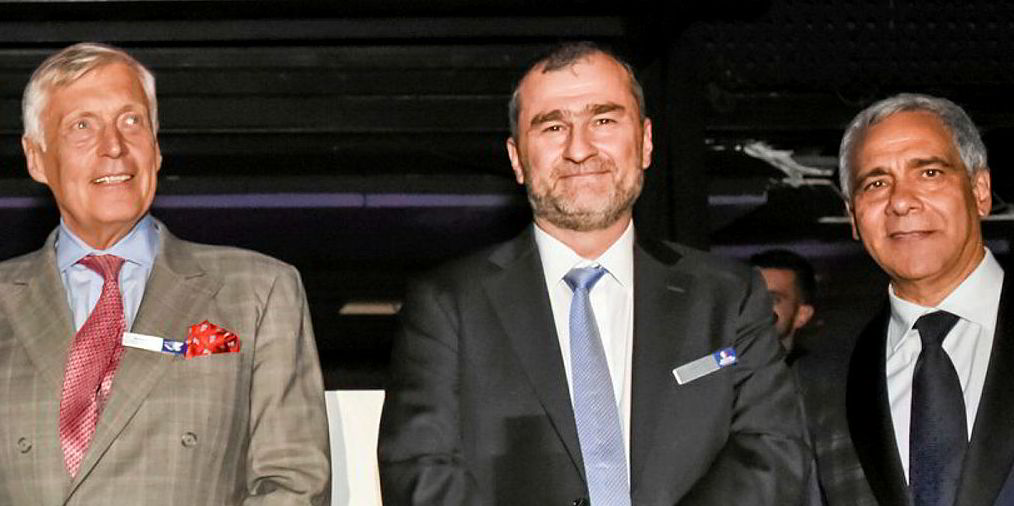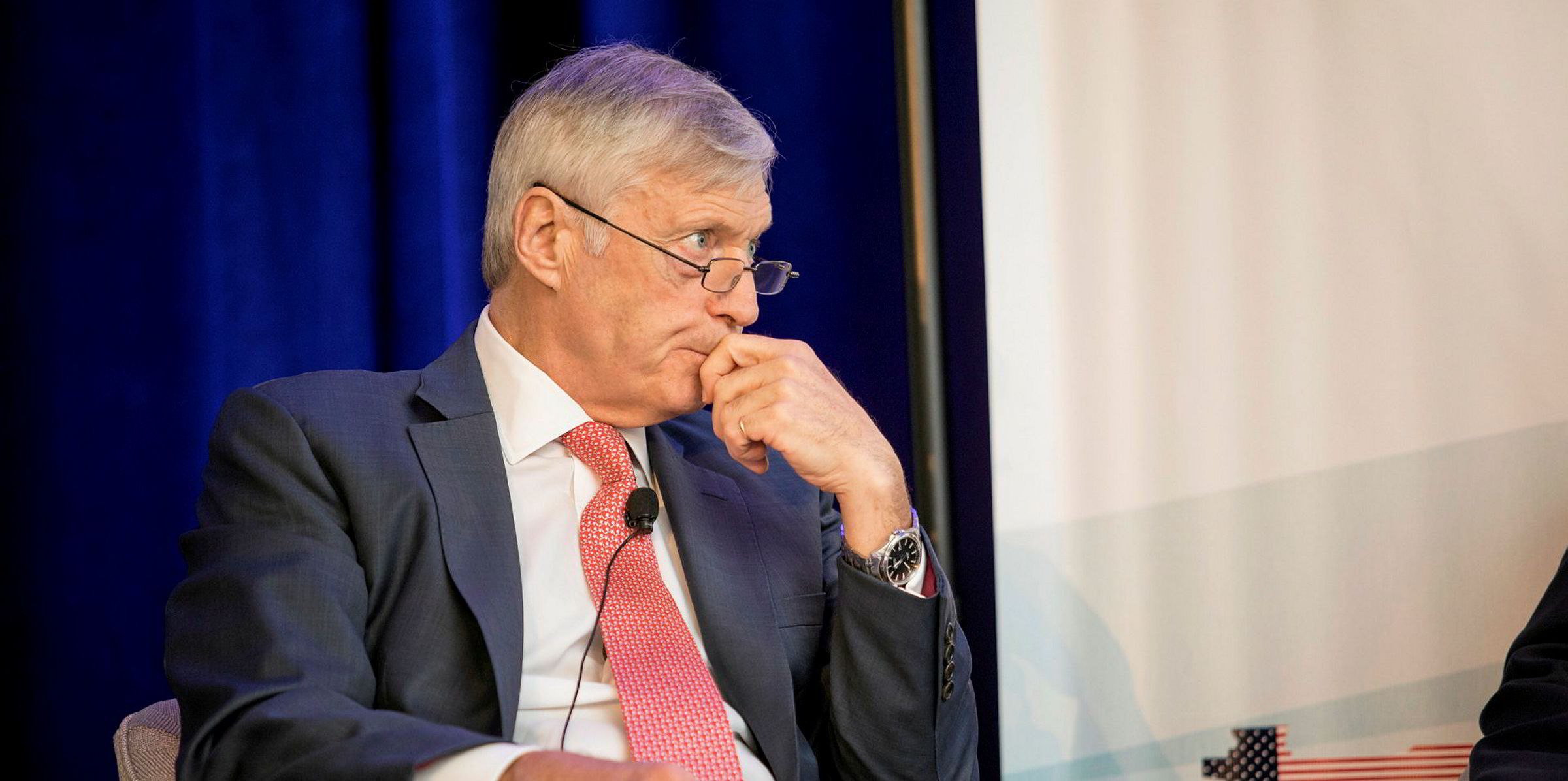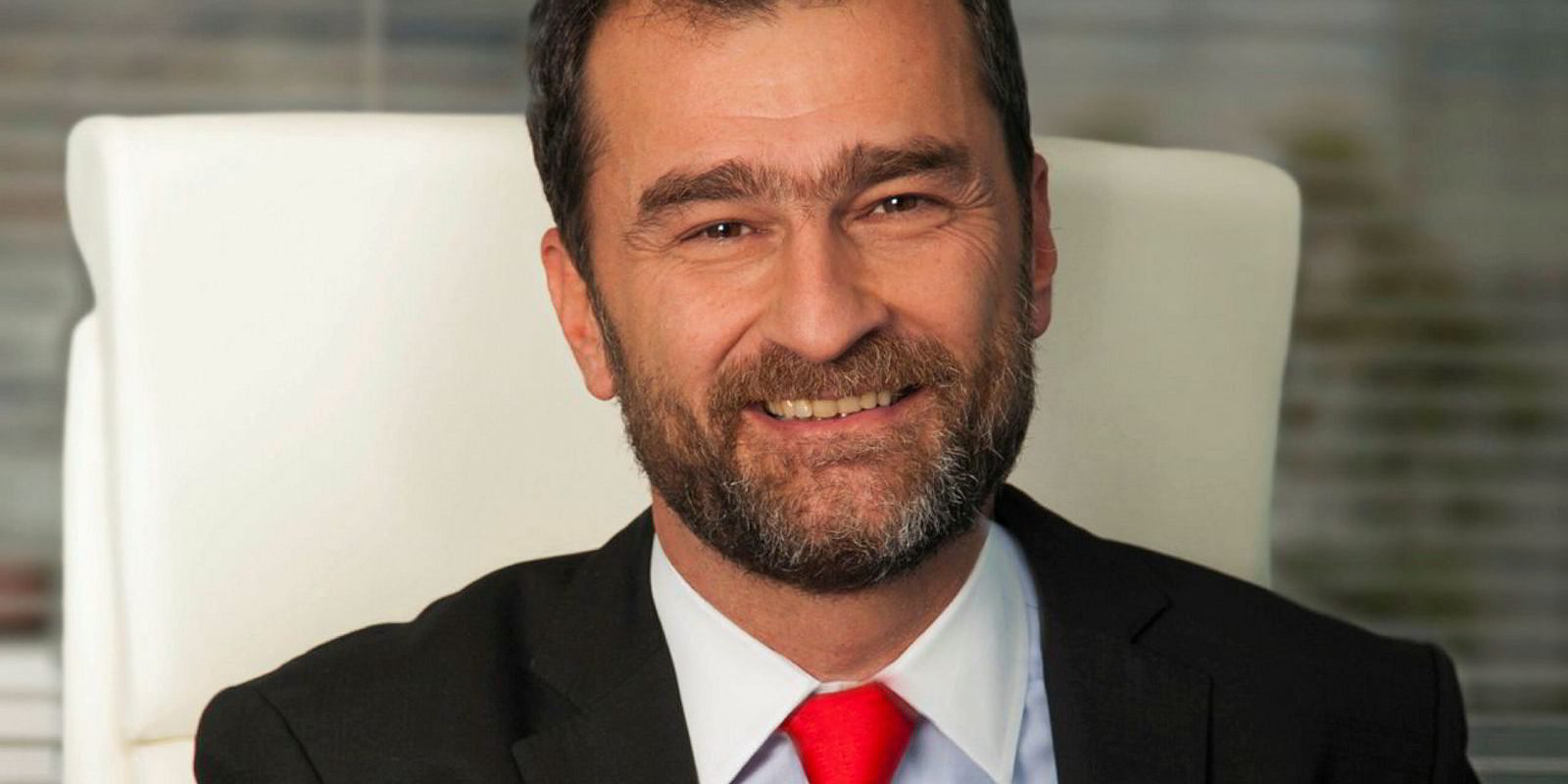The American Club offered an upbeat view of its future at a presentation to brokers in London this week — after explaining why it made a supplementary call on members a month ago.
A supplementary call amounts to a bill for extra funds to make up for higher-than-expected claims in a previous policy year. It usually indicates insufficient provision for claims and is not regarded as welcome news for members.
In November, the club asked members for an additional 22.5% of estimated total premium in the 2016 policy year, and 17.5% for 2017.
Controversial issue
President and chief operating officer Vincent Solarino tackled the issue head-on, announcing: “Now for the elephant in the room.”
He said the New York-based protection and indemnity mutual’s executive board of shipowners had made a unanimous decision to make the supplementary call to tackle larger-than-expected claims in 2016 because it wanted to “move on”.
“We don’t like making supplementary calls and we tried to hold off as long as we could,” he said, but management was keen to act before it was asked to by US financial regulators.
“The board looked at the numbers and agreed it would be better to have a supplementary call for 2016 rather than a huge general increase. They said, ‘Let’s clear the deficit and move on’,” Solarino added.
The additional funds put the club in a position where it could “control our own destiny and our own financials”.
Although the American Club said it would not have a general increase in premiums in the coming policy year, it promised to get tough and demand higher premiums from members with poor claims records.
Solarino said he had identified the areas of its business with the worst records, and that would be addressed at the renewal in February. “The poor performing sectors will pay more.”
Tipping point on rates
Despite the supplementary call, chief executive and chairman Joseph Hughes said there are plenty of reasons to be upbeat, saying: “I think there are great opportunities ahead for the future of the club.”
He described the marine insurance markets as being at an “inflection point”, turning towards higher rates. “There is an urgent need for a proper calibration of risk pricing,” Hughes said.
The club’s strategy of placing nearly a quarter of its investments in equities looks as though it is paying off. The indications are that it is heading for a healthy 9% investment return this year, which will bolster its free reserves.
However, Hughes said the club is gradually reducing its exposure to equities over time, with uncertainties hanging over the performance of the investment markets in 2020.
The club's diversification strategy is also starting to show positive returns, he added.
Its fixed premium subsidiary Eagle Ocean Marine (EOM) has been earning profits.
Although it had a difficult claims year in 2018, it has returned a combined ratio of 83% since 2011, indicating premium income in excess of claims and expenses.
EOM covers mostly small ships, with an average size of about 1,800 gt. However, it has helped the American Club grow in the North and South Asian markets, which are providing more than 70% of its fixed premium business.
Hughes also pointed to the improved performance of its hull and machinery insurer, American Hellenic Hull, whose chief executive, Ilias Tsakiris, said it is benefiting from higher rates in the market and is ready to turn a profit this year for the first time since being acquired by the American Club in 2016. Next year, he expects “serious profitability”.
Tsakiris said that although half of its business comes from Greece, it is almost all brokered in London, presenting an opportunity to grow globally.






